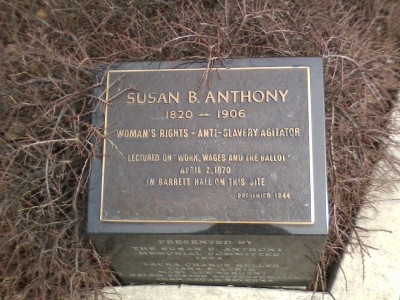I’ve got a quandary. It’s in the area of civics.
I was on jury duty last month, and was in the pool of potential jurors for a cocaine possession case. Several of the candidate jurors mentioned that they had issues with drug prohibition, and were excused from serving on the jury—whether or not they said they could set their personal feelings aside and follow the law. (I wasn’t taking notes, but my recollection is that the ones who said they didn’t think they could follow the law were excused by the judge while the ones who merely expressed personal reservations about drug prohibition as a matter of public policy had to be peremptorily challenged by the prosecutor.)
I too think that drug prohibition is terrible public policy. It’s harmful to society at every level. It corrupts the police and the judicial system. It clogs the courts and the prisons. It drains money that could be better spent on useful things (or left in the hands of the people who earn it). It adds yet another layer of harm onto drug users—people who are already suffering—making it harder, riskier, and more expensive for them to either go on using drugs or seek help to quit.
Most especially, criminalizing commerce in drugs means that makers and sellers of drugs have no recourse to the police or the courts when they’re robbed or defrauded. That produces another whole layer of violence—one that only occasionally touches people who aren’t buying or selling (or stealing) drugs, but that would be completely absent if drugs were legal.
Despite all that, as I imagined my answers to the questions they were asking, I found that I was inclined to say that I could give both sides a fair trial—meaning that I thought, if the prosecution proved beyond a reasonable doubt that the defendant was in possession of some amount of cocaine, I could vote to find him guilty.
I thought about why, and eventually decided it was because I think democracy is important.
I’ve got no doubt that drug prohibition is a dumb idea, but I’ve also got no doubt that the right way to fix it is by changing the law. I’m pretty sure that screwing around on the edges of the law, such as by acquitting people who are technically guilty, is the wrong way to solve the problem. And yet, each time someone like me applies the law, another person who already has more than his or her measure of problems gets another few—a felony conviction, loss of access to things like public housing and school loans, and most likely a prison sentence.
And so my quandary. Is democracy worth that much? It’s worth a lot, but is it worth wreaking that much harm on someone who was merely self-medicating because they hadn’t found a better way to deal with life?
I find I’m not sure.


